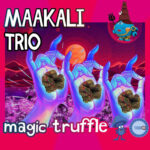Have you ever pondered the mysterious realms of existence, mortality, and our purpose here on earth? Sure, most of us have gotten a little existential at some point in time. But if you have experienced a near-death experience or (more likely) a psychedelic trip, you may have delved even deeper. Whether you have actually, physically, come close to death, or had your layers of self and ego stripped away by psychedelics, you may have experienced transformative effects on your beliefs related to death and dying.
A New Study Explores Transformative Experiences
The journal PLOS One presented the results of an intriguing new study which pitted near-death experiences against psychedelic trips, and compared the transformative effects of each. The paper was titled Comparison of psychedelic and near-death or other non-ordinary experiences in changing attitudes about death and dying. One of the reasons this study is so fascinating is that it explores concepts and ideas that are ancient, and yet only previously existed as a kind of folklore or speculation.
What is a Near-Death Experience?
Near-death experiences have been the focus of mythology and awe for millenia. The idea of someone cheating, bargaining, or being spared death by some higher power (or pure dumb luck) and returning from the brink with new insight and perspectives that transcend the realms of our everyday world, has been one of fascination and intrigue across cultures.

What is a Psychedelic Trip?
Psychedelic trips, which are induced by substances such as psilocybin, LSD, ayahuasca or DMT, can cause a different kind of transcendental experience. These perception shifting journeys can trigger fantastical hallucinations and visions, sending you deep within your own unconscious, and connecting you with the world. At very high doses, people can experience ego-death or feel as though they are actually dying, or have died. This can also have a transformative effect on people’s beliefs about mortality and what it is to be alive.
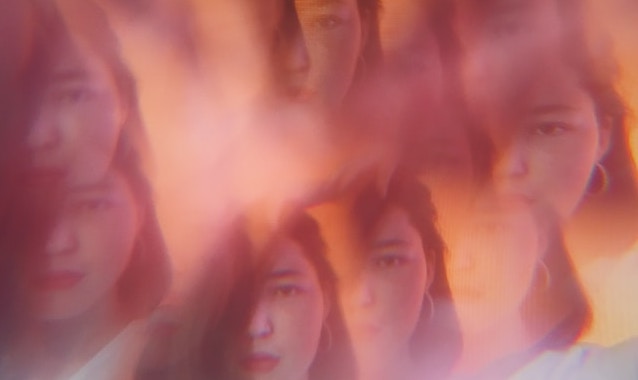
The aforementioned study aims to shed light on the profound transformations in our beliefs that can occur after each of these intense experiences.
How Do You Study the Existential?
The study of such personal self-reported experiences is a tricky one. The researchers used a series of questionnaires to collect data about participants near-death experiences or psychedelic trips. They recruited participants through internet advertisements, social media platforms and emails. They created two versions of the survey, one for those who had had near-death, or similar, experiences, and another for those who had psychedelic experiences.

The survey included open-ended and multiple choice questions about the participants’ experiences. For the psychedelic group they were asked which type of drug they took, how long the experience was, and whether their life was in danger when it happened. They were also asked to provide the context in which their psychedelic trip occurred.
Then, the participants answered questions to assess their experiences and the lasting effects (if any) on their attitudes about death. They also completed the Greyson Near-Death Experience Scale to formalize the aspects of their near-death experience, the Hallucinogen Rating Scale to assess what they experiences during their psychedelic trip itself, and the Revised Death Attitude Profile to compare their views of death before and after their experience.
After almost 16,000 respondents starting the survey, once various eligibility criterias were applied, the final sample group was of 3,192 participants. 2,259 of them were in the Psychedelic Group, and 933 were in the Non-Drug (near-death experience) Group.
The Results: Comparing How Near-Death Experiences and Psychedelic Trips Transform Feelings About Mortality
The researchers were able to compare and contrast the experiences from the Psychedelic Group to the Non-Drug Group.
- Those in the psychedelic group generally reported having longer experiences that lasted for an hour at least. Those in the non-drug groups’ experiences tended to be far briefer, usually less than 5 minutes.
- A higher number of those in the non-drug group reported being unconscious during the experience compared to the psychedelic group.
- Some of those in the non-drug group shared that they were actually clinically dead during their experience. This was very rare in the psychedelic group.
- The non-drug group was far more likely to have believed their life was in danger. However, the majority of the psychedelic group did not feel that way.
Which Experience Was More ‘Mystical’?
Both experiences triggered mystical experiences, although they differed in nature. The non-drug group reported feeling as though they had been reborn, and accessing information that is not associated with our normal sensory perceptions. They also felt more connected to deceased loved ones. On the other hand, those in the psychedelic group were more likely to report feeling like they had encountered something god-like or divine.
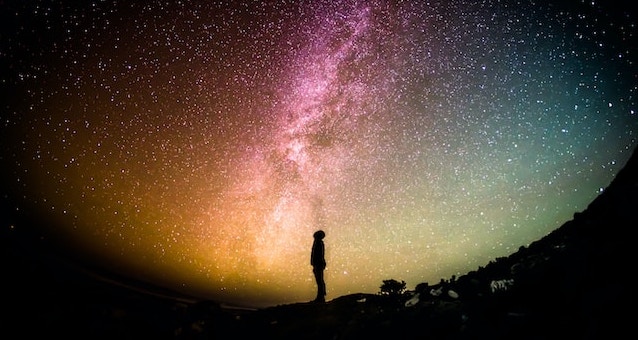
How Can Psychedelic Trips and Near-Death Experiences Affect Our Concepts of Mortality?
In the study, both groups reported having changed their views on death and were more able to process the concept of their own death, as well as loved ones. In fact, 89% of the psychedelic group and 88% of the non-drug group reported that their experiences caused a decrease in their fear of death.
The findings also suggested that psychedelic trips and near-death experiences have a profound effect on death-attitude — or the way that you think about death both introspectively and extrospectively.
Comparing Experience Significance
The study also explored how participants ranked the impact and significance of their experiences in comparison to other life events they had gone through. Both groups ranked their experiences highly in terms of spiritual significance, personal meaning, and psychological insight compared to other lifetime experiences. This showed how important these experiences were to the participants, and the profound impressions they left on them.
How Long Lasting Were These Changes?
The participants from each group reported similar patterns of persisting changes in their lives. The study’s findings imply that both psychedelic trips and near-death experiences can lead to life-changing and profound transformations that alter the person’s outlook on life for the long-term. The most common changes reported included improvements in satisfaction with life and personal wellbeing. They also included improved mood, better social relationships, and a more developed sense of spirituality.
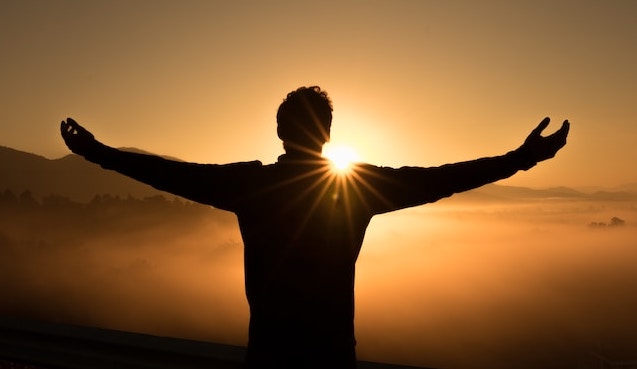
In Conclusion:
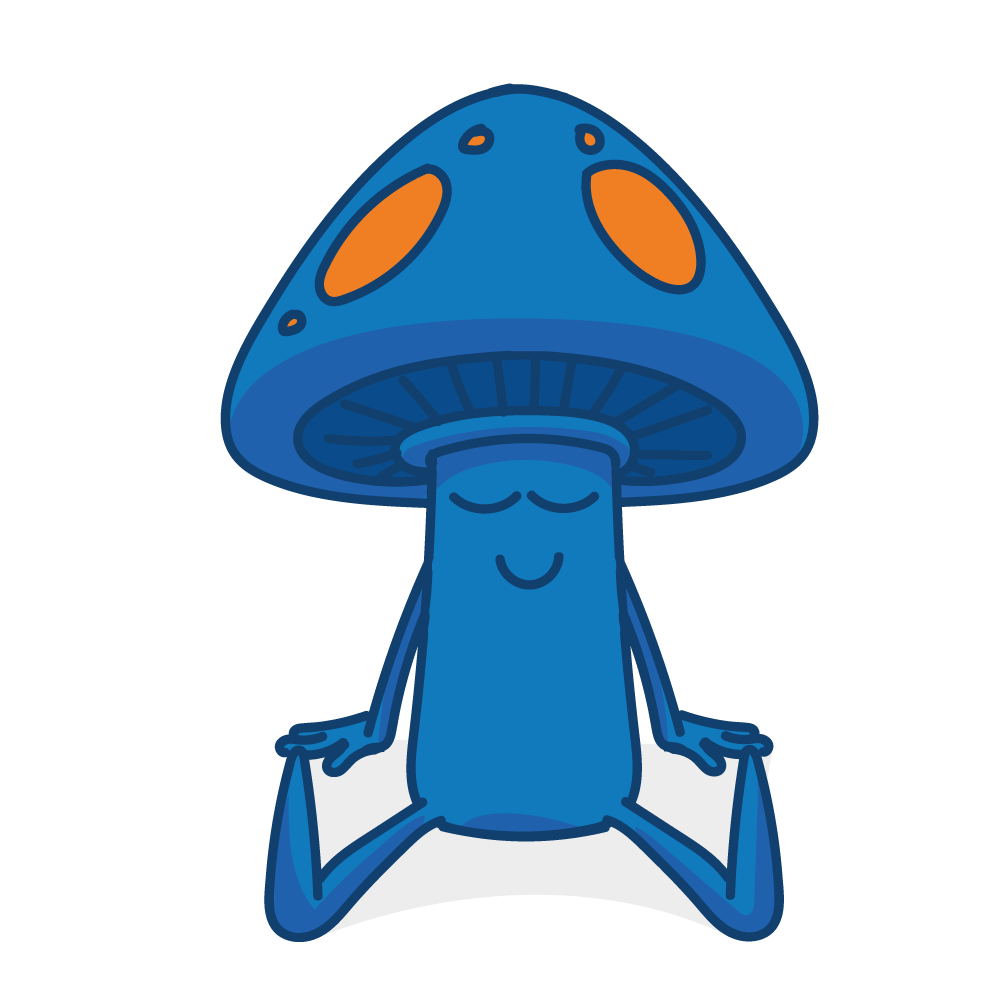
Although the study had some limitations, such as the natural fallibility of self-reporting, a sample size of mainly white American males, and a perhaps differing concept from individual to individual on what a ‘near-death experience’ actually means, its results are exciting and meaningful. It showed that both psychedelic experience and near-death experience can lead to profound change and have many similarities and crossovers. Participants from both groups reported a reduction in fear of death, a more holistic and positive attitude towards mortality itself, and improvements in general well-being and feelings of purpose.
This study highlights the need for further research into how we can wield these mystical, mysterious experiences to improve our well-being and attitudes to life (and death) overall.


